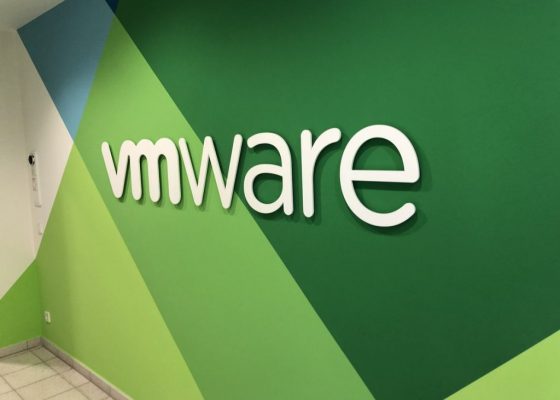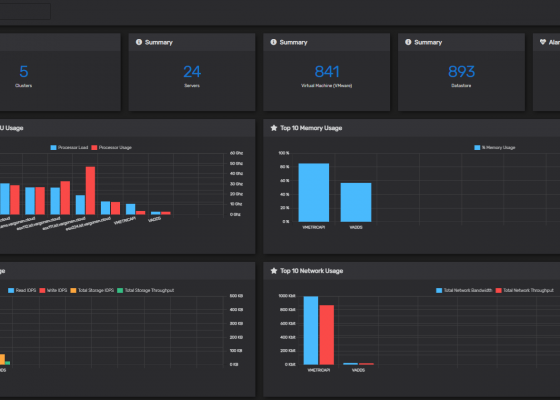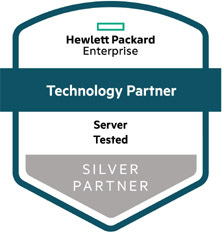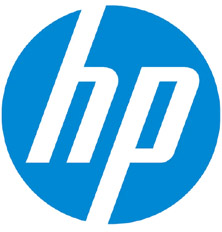Our Services
IT support in storage, backup, network, security, endpoint or managed print services solutions.
Server Virtualization and Consolidation
Reduce IT costs with VMware server virtualization and consolidation. Eliminate over-provisioning, increase server utilization, centralize server management.


Benefits of Virtualization
- Reduced capital and operating costs.
- Minimized or eliminated downtime.
- Increased IT productivity, efficiency, agility and responsiveness.
- Faster provisioning of applications and resources.
- Greater business continuity and disaster recovery.
- Simplified data center management.
- Availability of a true Software-Defined Data Center.
How Virtualization Works
Virtualization 101
Due to the limitations of x86 servers, many IT organizations must deploy multiple servers, each operating at a fraction of their capacity, to keep pace with today’s high storage and processing demands. The result: huge inefficiencies and excessive operating costs.
Enter virtualization. Virtualization relies on software to simulate hardware functionality and create a virtual computer system. This enables IT organizations to run more than one virtual system – and multiple operating systems and applications – on a single server. The resulting benefits include economies of scale and greater efficiency.
Virtual Machines Explained
A virtual computer system is known as a “virtual machine” (VM): a tightly isolated software container with an operating system and application inside. Each self-contained VM is completely independent. Putting multiple VMs on a single computer enables several operating systems and applications to run on just one physical server, or “host.”
A thin layer of software called a “hypervisor” decouples the virtual machines from the host and dynamically allocates computing resources to each virtual machine as needed.

Types of Virtualization
Server Virtualization
Server virtualization enables multiple operating systems to run on a single physical server as highly efficient virtual machines.
Key benefits include:
- Greater IT efficiencies
- Reduced operating costs
- Faster workload deployment
- Increased application performance
- Higher server availability
- Eliminated server sprawl and complexity
Network Virtualization
By completely reproducing a physical network, network virtualization allows applications to run on a virtual network as if they were running on a physical network — but with greater operational benefits and all the hardware independencies of virtualization.
(Network virtualization presents logical networking devices and services — logical ports, switches, routers, firewalls, load balancers, VPNs and more — to connected workloads).
Desktop Virtualization
Deploying desktops as a managed service enables IT organizations to respond faster to changing workplace needs and emerging opportunities.
Virtualized desktops and applications can also be quickly and easily delivered to branch offices, outsourced and offshore employees, and mobile workers using iPad and Android tablets.
Virtualization vs Cloud Computing
Although equally buzz-worthy technologies, virtualization and cloud computing are not interchangeable.
Virtualization is software that makes computing environments independent of physical infrastructure, while cloud computing is a service that delivers shared computing resources (software and/or data) on demand via the Internet.
As complementary solutions, organizations can begin by virtualizing their servers and then moving to cloud computing for even greater agility and self-service.

Contact Us
Let's meet to discuss how to take your business to the next level
Our team is ready to consult and assist with any enquiries or concerns you may have.
- info@forestalsprofessional.com
- +356 2343 6000
- +356 9999 7070
Certifications

HPE Solution Provider Silver
We are an HPE partner certified to design, sell, deploy and service the HPE Primera storage system.

HP Certified
Our team is fully HP certified in a large variety of
services and mechanics.

